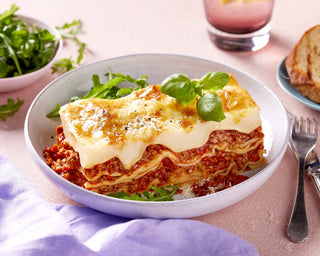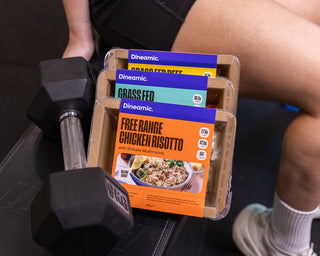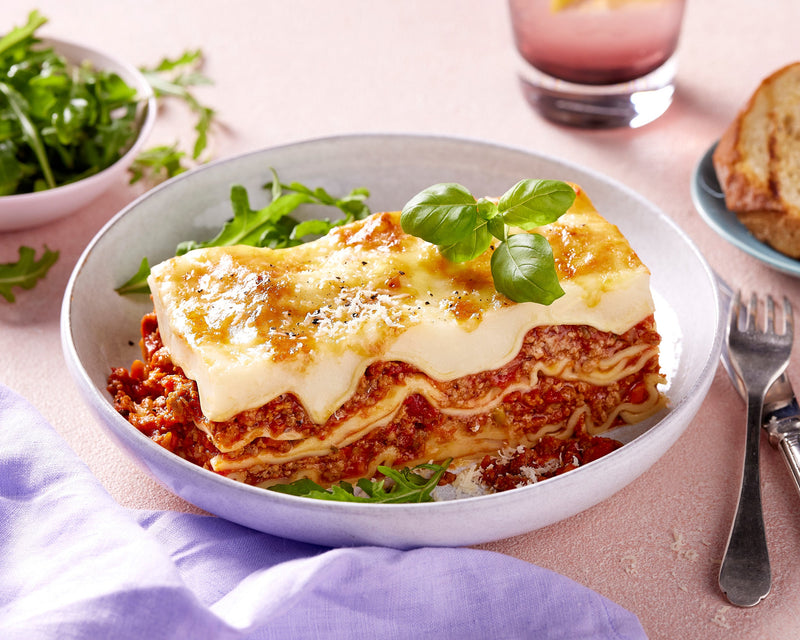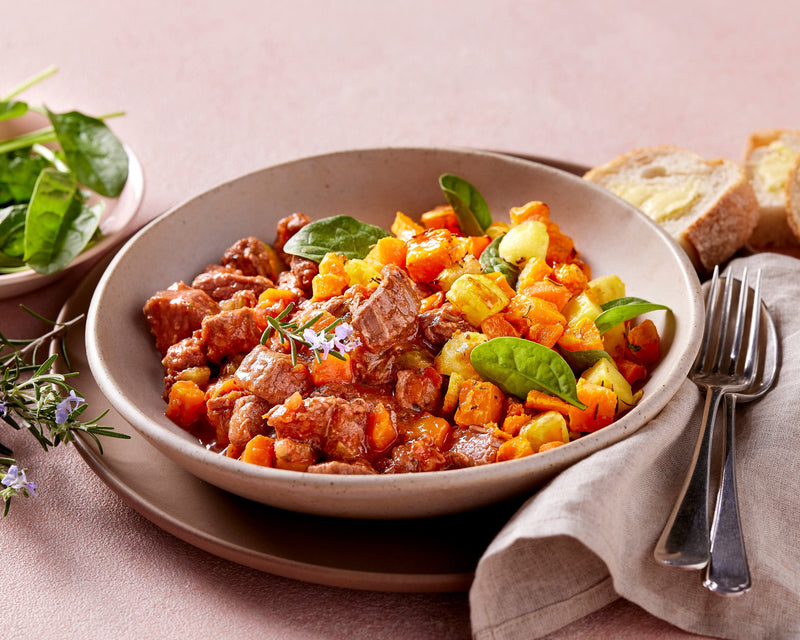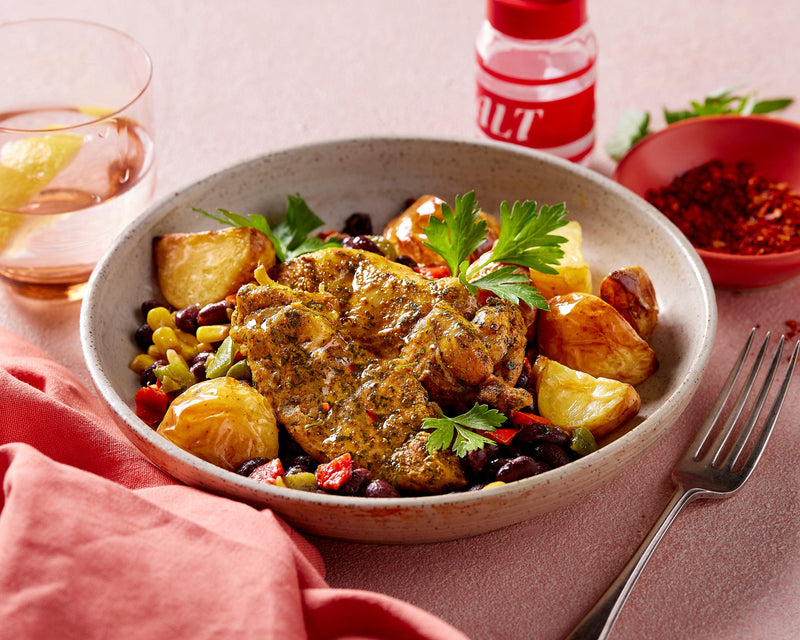If you've ever spent any time online reading about health and nutrition, you’ve probably seen plenty of phrases that feel like clickbait. "Eggs, good or evil!?" or "All you RDIs in just one pill" maybe "Potatoes are nothing but bad carbs!"... we hear you, it’s easy to get overwhelmed or confused.
That’s why the Dineamic Team dug into some of the most common myths and cleared them up with evidence-first clarity.
Can I eat too many eggs?
Eggs used to get slammed for their cholesterol content back in the day. Experts once advised eating no more than two eggs per week because yolks contain about 200 mg of dietary cholesterol. But we now know that dietary cholesterol from eggs doesn’t significantly affect blood cholesterol or heart disease risk for most people.
Eggs are also packed with protein, healthy fats, selenium, choline, and B vitamins like A, E, and B12. Unless you’ve been diagnosed with high LDL cholesterol, type 2 diabetes, or heart disease, you’re likely free to enjoy them more frequently. There's so many amazing ways to enjoy eggs! From scrambled with mushrooms to poached with smashed avo toast.
Are white potatoes bad for you?
Not at all. White potatoes supply slow-release carbs, fibre, potassium, and vitamin C. The issue? Often how we serve them. Deep-fried chips or ultra buttery mash belong in the “sometimes food” category.
When prepared simply, think olive oil, garlic, herbs, and a crisp roast, potatoes can become a nutritious, delicious base for balanced meals. Try baked wedges served alongside grilled fish and a green salad for inspiration.
Can supplements replace a healthy diet?
Supplements may support certain deficiencies, but they are never a replacement for whole food-based nutrition. One vitamin C tablet, even if it's more potent than an orange, lacks fibre, hydration, and the synergy of nutrients found in real food.
That said, supplements serve a real role if you have restricted diets or absorption issues, like iron, B12, or certain micronutrient gaps. For most people, whole food diversity remains the gold standard.
Are raw vegetables healthier than cooked?
Raw veggies retain more water‑soluble nutrients like vitamin C, but cooking unlocks others, for instance, lycopene in tomatoes is more bioavailable after heating.
Steaming veggies, like we do in many Dineamic meals, helps preserve vitamins while making them easier to digest. For best results, aim to include both raw and steamed veggies in your weekly meals.
The final word
Nutrition doesn’t have to feel complicated. Stick with whole foods, enjoy variety, and eat in a way that makes you feel good—plain and simple. For meal inspiration that skips the diet drama, browse our balanced meal options or drop us a line at team@dineamic.com.au.


